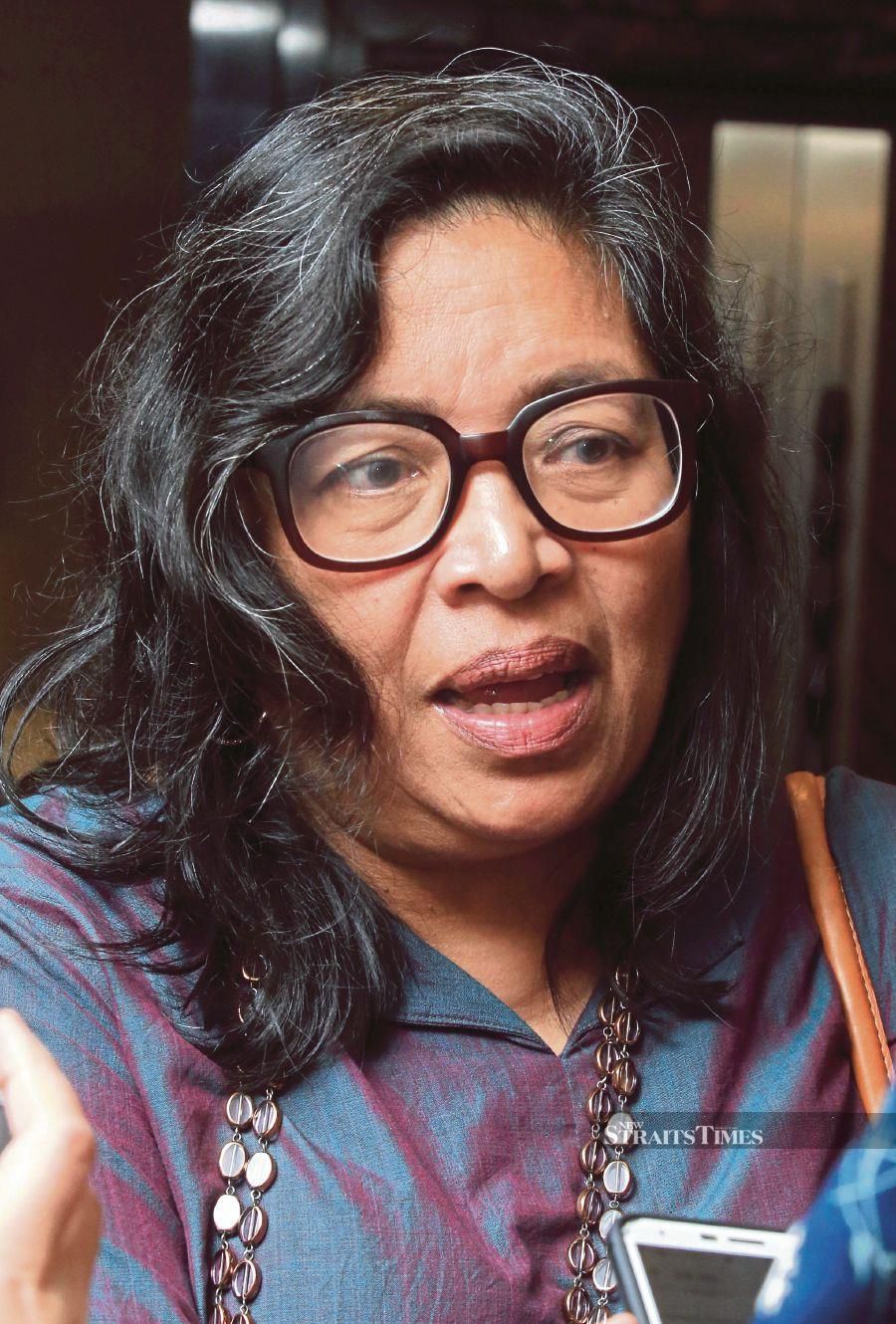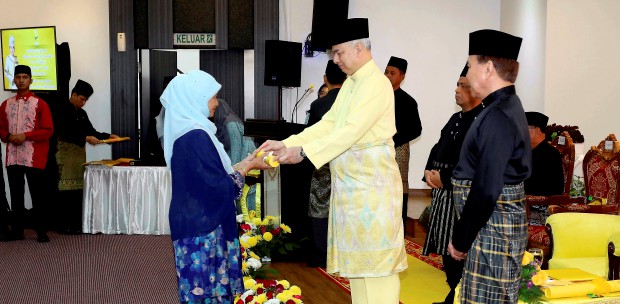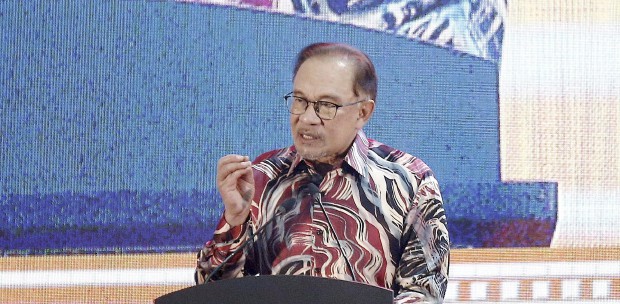KUALA LUMPUR:THE recent appointments of female judges to top positions in the judiciary reflects the commitment of the federal administration to increase more women representation in the judiciary.
While lauding the move, women’s non-governmental organisations (NGOs) believe there is a long way to go in narrowing the gender gap in public and private sectors.
Women’s rights advocate Ivy Josiah said while the tone and direction in gender equality issues had been set when Datuk Seri Dr Wan Azizah Wan Ismail was appointed as the deputy prime minister, a lot more could and should be done.
‘We have seen progress with the appointment of more women ministers (17.8 per cent) and deputy ministers (14.8 per cent) in the cabinet, not to mention the appointment of a woman chief commissioner of the Malaysian Anti-Corruption Commission (Latheefa Koya).
‘But even as we applaud the latest appointments, we must point out that the commitment to place a minimum of 30 per cent of women in decision-making positions was made by the previous government in 1995 as part of Malaysia’s political promise in the Beijing Platform for Action.
‘After 25 years, I am beginning to witness more concrete action on this promise.
‘The present government has also made a pledge on this in its manifesto, but the work is not yet finished. We should aim for 50 per cent representation at all levels of decision-making. After all, women make up half of Malaysia,’ she told the New Straits Times.
Sisters in Islam (SIS) communications manager Majidah Hashim said the appointments of female judges should be extended to syariah courts as well.
‘SIS welcomes the appointment of more women judges at the judicial administration level in Malaysia. These appointments demonstrate that women are willing and capable of rising to leadership positions at the administration level.
‘However, syariah courts have not seen much progress in this area with many states lacking women judges.In the interest of providing and expanding access to justice for women, this gap needs to be urgently narrowed as well,’ she told the NST.
In lauding the new judiciary appointments, Women’s Aid Organisation advocacy and communications officer Tan Heang-Lee said the move was a step forward in implementing the United Nations Convention of the Elimination of All Forms of Discrimination Against Women (Cedaw).
Malaysia acceded to Cedaw in 1995, which mandates the government to eliminate the gender gap in women’s participation in governance.
‘The higher positions in the judiciary are groundbreaking. Their appointments are milestones in the advancement of gender equality in Malaysia, which we hope will pave the way for even greater representation of women at the highest level of government,’ Tan said.
‘Having more women in the judiciary also ensures a greater gender sensitivity in the adjudication of court cases.’
On Thursday, Federal Court judge Datuk Rohana Yusuf, 63, became the first woman to be appointedas president of the Court of Appeals, the second highest position in the judiciary.
Chief Justice Tan Sri Tengku Maimun Tuan Mat became the first woman to hold the highest position in the judiciary with her promotion on May 2.
Also yesterday, three Court of Appeal judges, Datuk Zaleha Yusof, 54, Datuk Zabariah Mohd Yusof, 60, and Datuk Hasnah Mohammed Hashim, 60, were appointed as Federal Court judges.
With these appointments, the number of women judges in the Federal Court, the highest court in the country, stands at six out of 13 judges.
The sixth woman Federal Court judge is Datuk Nallini Pathmanathan.
Rohana, from Bachok, Kelantan, obtained an LLB (Hons) from Universiti Malaya in 1980 and began her career in the judicial and legal services as a legislative assistant (Parliament law) at the Attorney-General’s Chambers the same year.
She was appointed a judicial commissioner on Sept 1, 2005, then a High Court judge on April 17, 2007.
On Jan 8, 2013, she was appointed as a Court of Appeal judge and became a Federal Court judge on April 27 last year.





